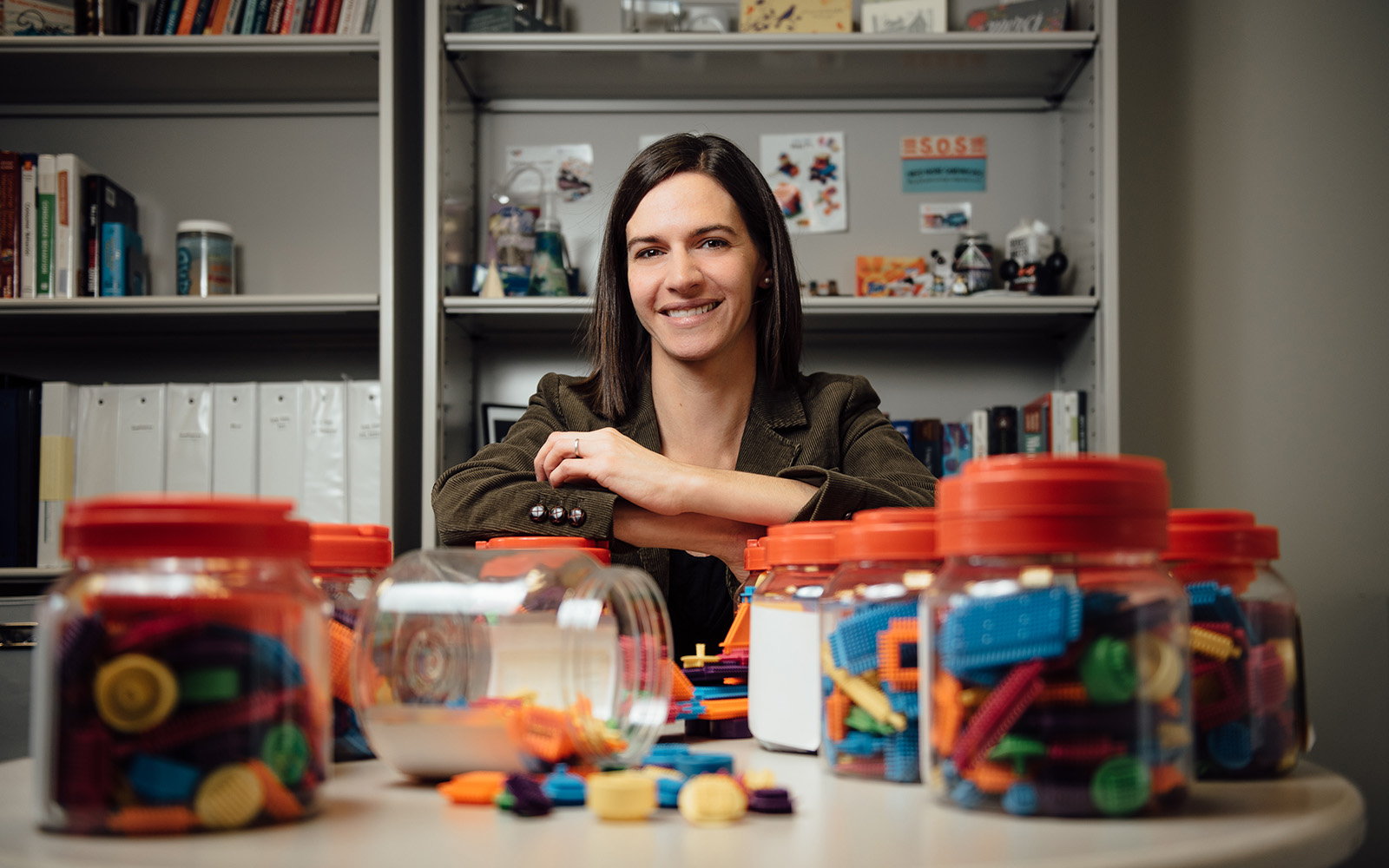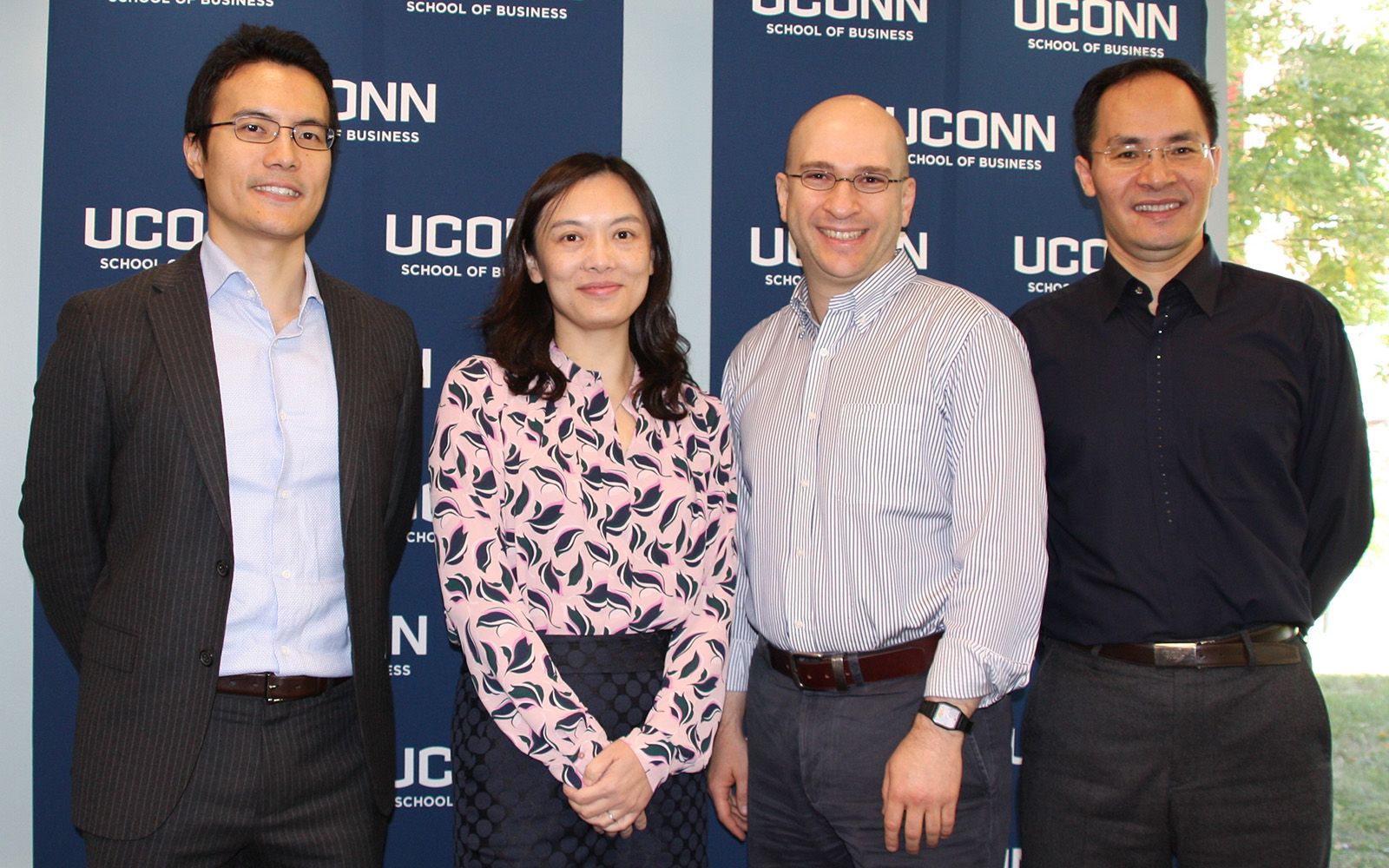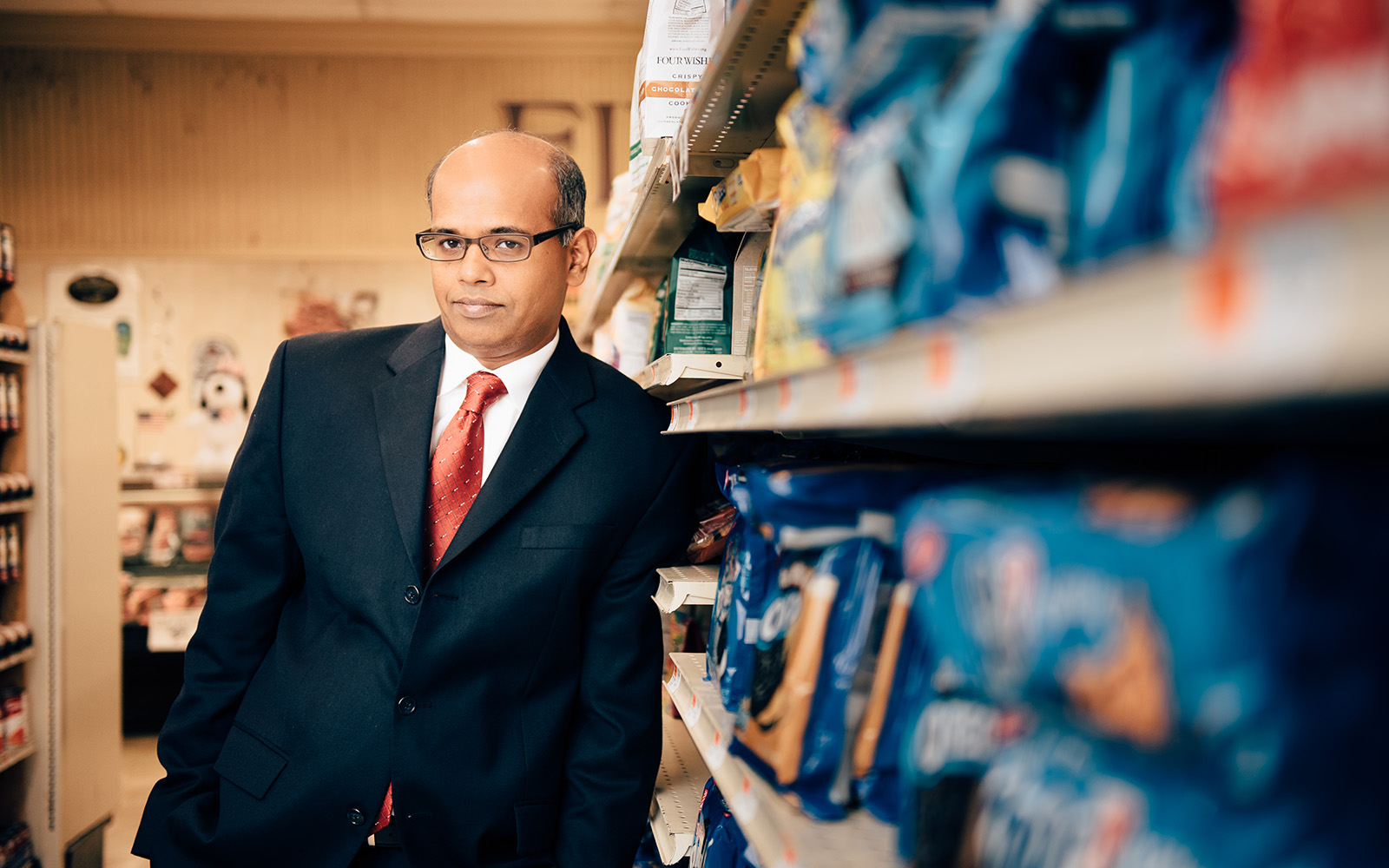
Have large financial companies secretly circumvented government regulations designed to safeguard vulnerable investors from bad decision-making?Continue Reading

Have large financial companies secretly circumvented government regulations designed to safeguard vulnerable investors from bad decision-making?Continue Reading

Have large financial companies secretly circumvented government regulations designed to safeguard vulnerable investors from bad decision-making? Continue Reading
When entrepreneur Peter J. Werth pledged more than $22 million to the University of Connecticut last winter, for the creation of the Werth Institute for Entrepreneurship & Innovation, a new chapter was written in UConn’s history.Continue Reading

In a business climate where colleagues may never share office space or even meet face-to-face, Marketing Professor Nicholas Lurie has found that more visual information technologies can help virtual teams build consensus under tight deadlines. Continue Reading

If 2017 didn’t turn out exactly how you’d hoped or planned, don’t give up!
Many Americans are strong believers in a ‘fresh start,’ reports Professor Robin Coulter, the head of the UConn School of Business Marketing Department. Continue Reading
Hello to friends and colleagues across the country and around the world! The beginning of a new academic year is filled with energy and excitement, both for our students and our faculty. This year that momentum is augmented by a team of new faculty members who bring both extensive research accomplishments and a love of teaching to UConn.

What kind of potato chip would you create, and what would you name it, if you wanted to sell the product exclusively to pregnant women? Continue Reading

“Marketing in the Digitalized Marketplace” was the theme of the marketing department‘s 7th VOYA Global Colloquium. The Oct. 20 event gathered marketing researchers from across the country to discuss research in the growing areas of user-generated content, social networks, new media, and digital analytics. Continue Reading

If you want to increase grocery store sales, offer a discount on beer. And then place a tempting display of salty snacks right next to it—at full price.
That’s some of the well-researched advice that marketing professor Joseph Pancras and his colleagues offer grocery store executives in a newly published article in the Journal of Retailing. Continue Reading